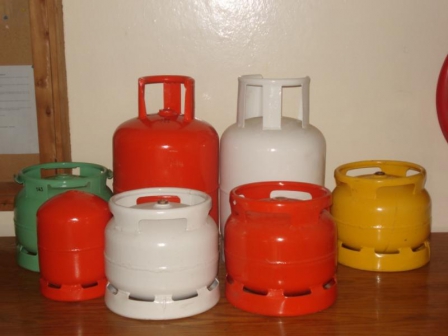×
The Standard e-Paper
Smart Minds Choose Us

The Government has ruled out the possibility of reverting to old gas cylinders that tied consumers to one supplier of cooking gas.
Instead, the energy industry regulator wants the sector players to find innovative modalities of enhancing the Liquefied Petroleum Gas (LPG) Cylinder Exchange Pool to deal with illegal refilling of gas cylinders.